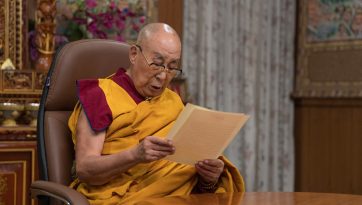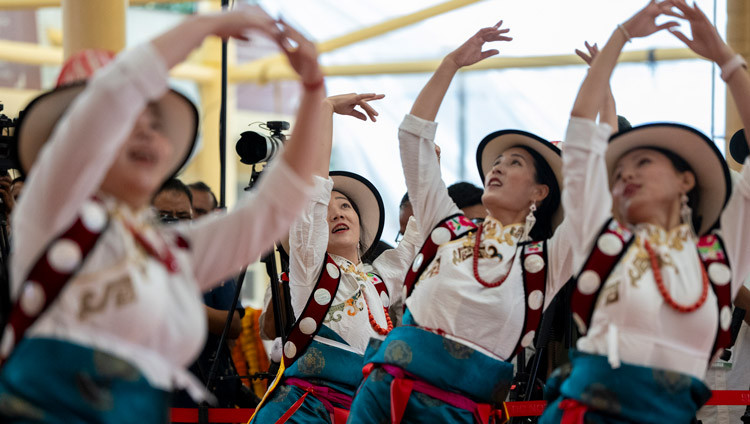10) Regulation on population migration
The fundamental objective of national regional autonomy and self-government is the preservation of the identity, culture, language and so forth of the minority nationality and to ensure that it is the master of its own affairs. When applied to a particular territory in which the minority nationality lives in a concentrated community or communities, the very principle and purpose of national regional autonomy is disregarded if large scale migration and settlement of the majority Han nationality and other nationalities is encouraged and allowed. Major demographic changes that result from such migration will have the effect of assimilating rather than integrating the Tibetan nationality into the Han nationality and gradually extinguishing the distinct culture and identity of the Tibetan nationality. Also, the influx of large numbers of Han and other nationalities into Tibetan areas will fundamentally change the conditions necessary for the exercise of regional autonomy since the constitutional criteria for the exercise of autonomy, namely that the minority nationality “live in compact communities” in a particular territory is changed and undermined by the population movements and transfers. If such migrations and settlements continue uncontrolled, Tibetans will no longer live in a compact community or communities and will consequently no longer be entitled, under the Constitution, to national regional autonomy. This would effectively violate the very principles of the Constitution in its approach to the nationalities issue.
There is precedent in the PRC for restriction on the movement or residence of citizens. There is only a very limited recognition of the right of autonomous areas to work out measures to control “the transient population” in those areas. To us it would be vital that the autonomous organs of self-government have the authority to regulate the residence, settlement and employment or economic activities of persons who wish to move to Tibetan areas from other parts of the PRC in order to ensure respect for and the realisation of the objectives of the principle of autonomy.
It is not our intention to expel the non-Tibetans who have permanently settled in Tibet and have lived there and grown up there for a considerable time. Our concern is the induced massive movement of primarily Han but also some other nationalities into many areas of Tibet, upsetting existing communities, marginalising the Tibetan population there and threatening the fragile natural environment.
11) Cultural, educational and religious exchanges with other countries
Besides the importance of exchanges and cooperation between the Tibetan nationality and other nationalities, provinces, and regions of the PRC in the subject matters of autonomy, such as culture, art, education, science, public health, sports, religion, environment, economy and so forth, the power of autonomous areas to conduct such exchanges with foreign countries in these areas is also recognised in the LRNA (Article 42).




